PROTECT YOUR DNA WITH QUANTUM TECHNOLOGY
Orgo-Life the new way to the future Advertising by AdpathwayCalifornia Passes Sweeping New Animal Protection Laws
California has once again solidified its reputation as a national leader in animal welfare. Governor Gavin Newsom signed four major bills designed to protect pets, strengthen transparency in pet sales, and further safeguard cats and other companion animals.
At a press conference in Los Angeles, Newsom emphasized the urgent need for accountability in the pet industry. “Sunlight is the best disinfectant, and it’s time to shine a light on puppy mills,” he said. “Greater transparency in pet purchases will bring to light abusive practices that take advantage of pets and exploit hopeful pet owners.”
 Source: WDBj7 News and Gov.ca.gov
Source: WDBj7 News and Gov.ca.govStopping the Puppy Mill Pipeline
Puppy mills and fraudulent breeders have long exploited gaps in oversight. Research suggests that as many as 80% of online pet ads may be fake, luring families into unknowingly supporting cruel breeding operations.
AB 506, authored by Assemblymember Steve Bennett (D-Ventura), directly targets these scams. It requires sellers to disclose each animal’s origin and health information and voids contracts with non-refundable deposits, a tactic often used to trap buyers into purchasing sick or mistreated pets.
Another significant reform, AB 519, authored by Assemblymember Marc Berman (D-Menlo Park), bans third-party brokers and online platforms from selling cats, puppies, or rabbits bred by others. The law is designed to crack down on large-scale puppy mill networks disguising themselves as small, independent breeders.
To add further safeguards, SB 312, authored by Senator Thomas Umberg (D-Santa Ana), requires dog importers to submit health certificates electronically to the California Department of Food & Agriculture (CDFA) within 10 days of shipment. This ensures traceability in pet imports and improves oversight across state lines.
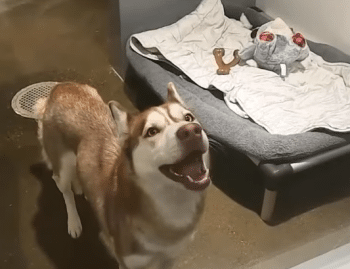 Source: WDBj7 News and Gov.ca.gov
Source: WDBj7 News and Gov.ca.govProtecting Cats With AB 867
Alongside the puppy mill reforms, AB 867, authored by Assemblymember Alex Lee (D-Milpitas), bans cat declawing unless medically necessary. Declawing, often misunderstood as a simple nail trim, is actually the amputation of the first bone of each toe. The procedure can cause chronic pain, infection, arthritis, and behavioral issues, sometimes leading to abandonment. By outlawing the practice for cosmetic reasons, California joins other regions worldwide that have already banned it.
 Source: WDBj7 News and Gov.ca.gov
Source: WDBj7 News and Gov.ca.govContinuing a Legacy of Compassion
These bills build upon years of animal protection efforts in California. Previous laws ended the retail sale of cats, dogs, and rabbits, prohibited toxicity testing on pets, banned new fur products, and outlawed wild animal circus acts. The state has also banned bobcat hunting and trapping, expanded microchip requirements, and improved disaster evacuation rules for kennels.
To strengthen shelters, California’s 2020–21 and 2021–22 budgets allocated a combined $50 million to the UC Davis Animal Shelter Assistance Program, providing training and resources to support the state’s no-kill initiative.
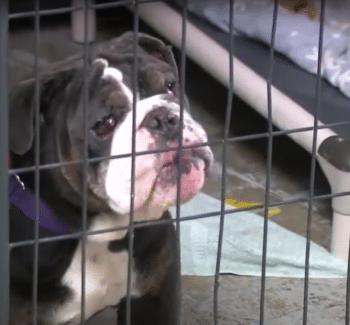 Source: WDBj7 News and Gov.ca.gov
Source: WDBj7 News and Gov.ca.govA National Model for Animal Welfare
With these new measures, California reaffirms its leadership role in protecting animals and holding breeders accountable. By addressing fraudulent pet sales, banning declawing, and tightening oversight of imports, the state is ensuring that compassion remains central to its laws.
Together, these reforms mark a turning point for animal welfare — sending a clear message that cruelty, neglect, and exploitation will no longer be tolerated in the Golden State.
Source: California Gov.
Click the video below to watch the full story:


 7 hours ago
1
7 hours ago
1


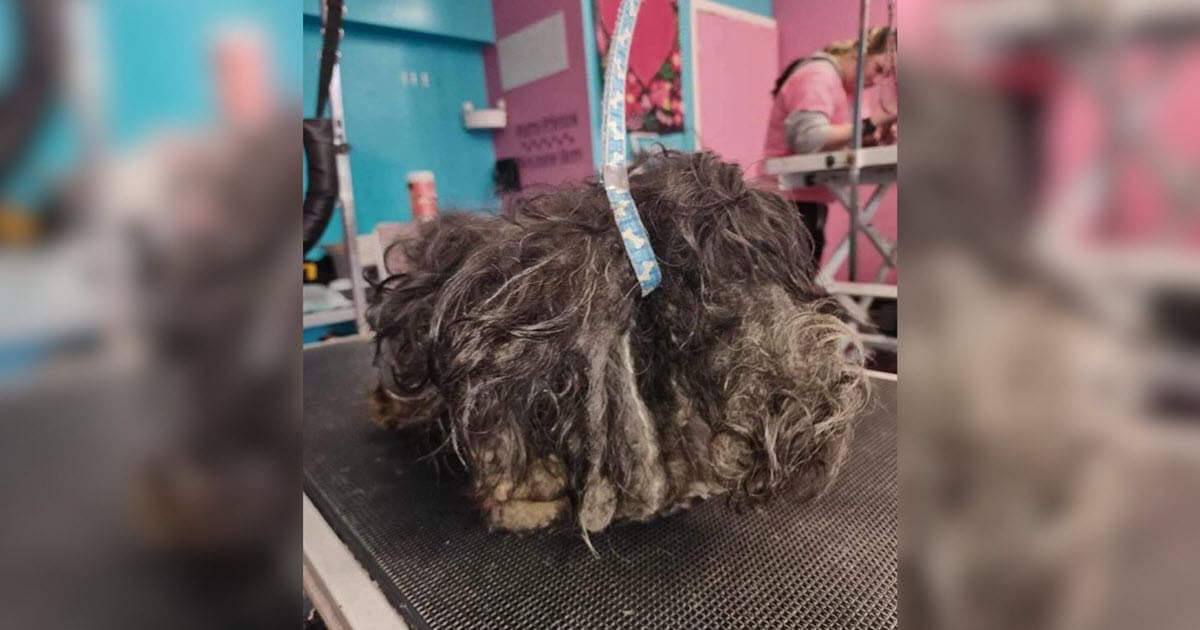

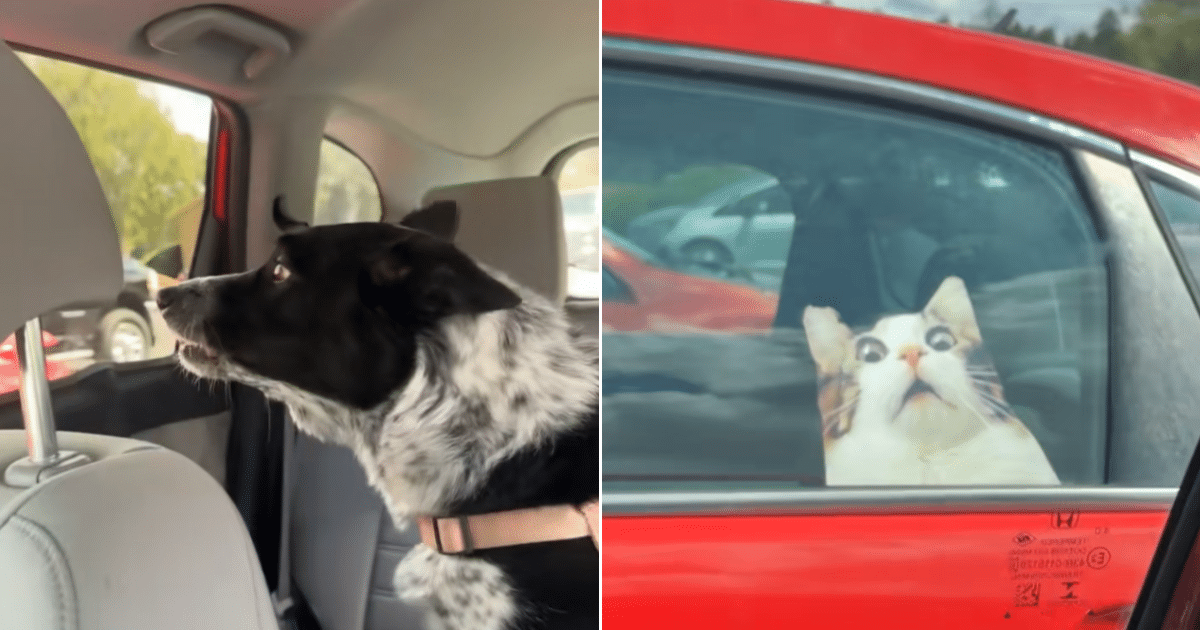
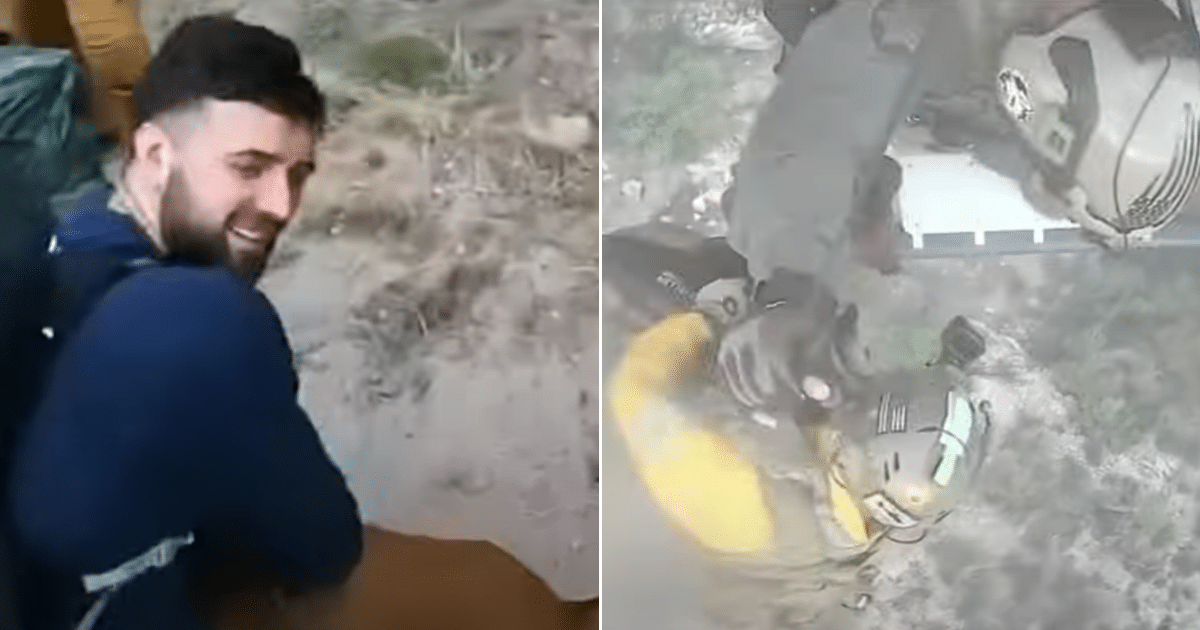

















 English (US) ·
English (US) ·  French (CA) ·
French (CA) ·